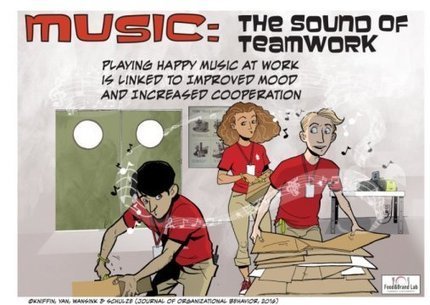If the answer to these last two questions is “rarely,” it wouldn’t surprise us. We don’t believe that swift, wholesale culture change is possible — or even desirable. After all, a company’s culture is its basic personality, the essence of how its people interact and work. However, it is an elusively complex entity that survives and evolves mostly through gradual shifts in leadership, strategy, and other circumstances. We find the most useful definition is also the simplest: Culture is the self-sustaining pattern of behavior that determines how things are done.
Made of instinctive, repetitive habits and emotional responses, culture can’t be copied or easily pinned down. Corporate cultures are constantly self-renewing and slowly evolving: What people feel, think, and believe is reflected and shaped by the way they go about their business. Formal efforts to change a culture (to replace it with something entirely new and different) seldom manage to get to the heart of what motivates people, what makes them tick. Strongly worded memos from on high are deleted within hours. You can plaster the walls with large banners proclaiming new values, but people will go about their days, right beneath those signs, continuing with the habits that are familiar and comfortable.
But this inherent complexity shouldn’t deter leaders from trying to use culture as a lever. If you cannot simply replace the entire machine, work on realigning some of the more useful cogs. The name of the game is making use of what you cannot change by using some of the emotional forces within your current culture differently.
Via
The Learning Factor



 Your new post is loading...
Your new post is loading...















Some morning larks can churn out quality work in the early AMs, while others are the most energetic and creative during the unholy hours after midnight.
"Many companies are now offering flexible work arrangements as a perk for new joiners. And if you can do the majority of your work with a laptop, you can even work for a company full-time from anywhere in the world."